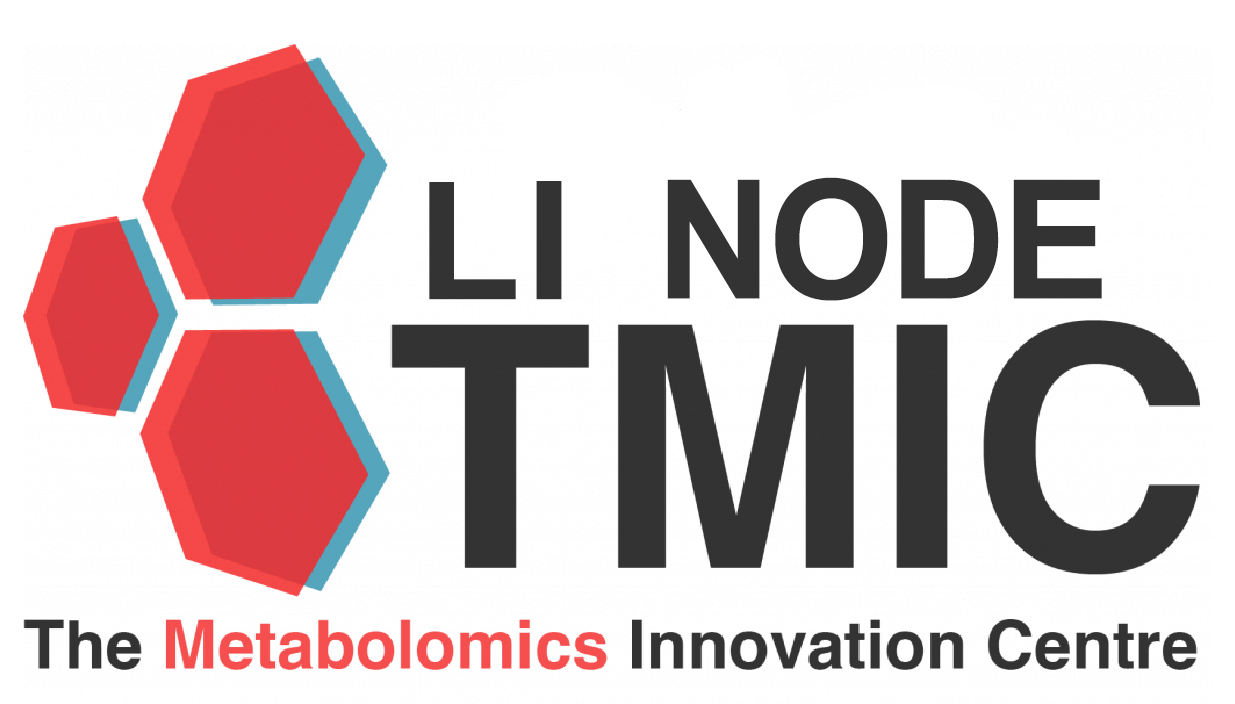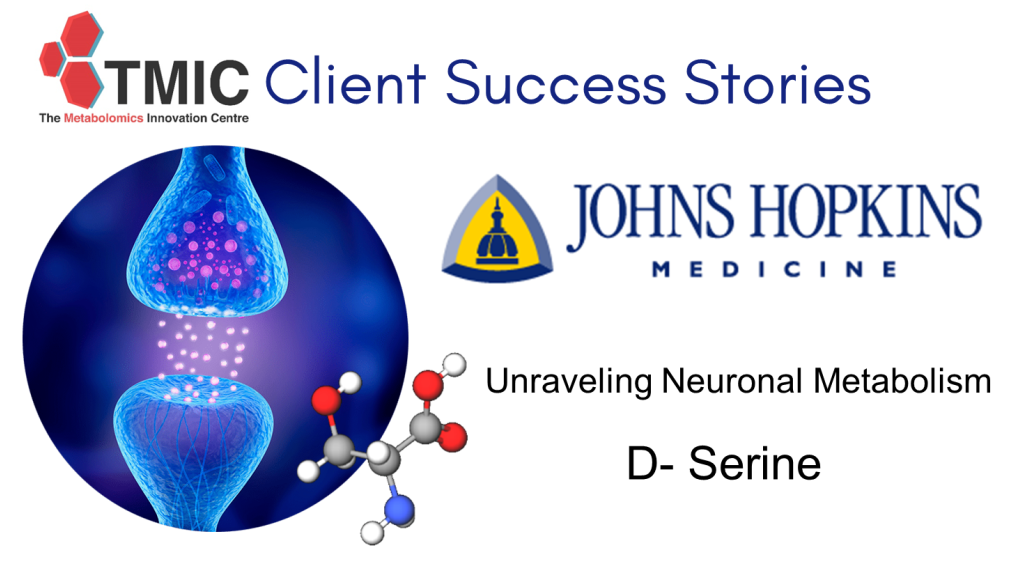Good science often requires collaboration and knowledge-sharing between principal investigators and subject-matter experts in complementary fields. This kind of cross-disciplinary project recently led to a significant discovery from Dr. Robin Roychaudhuri at The Johns Hopkins University School of Medicine.
Client Background and Research Interests
Dr. Roychaudhuri earned a Ph.D. in Biochemistry from the University of Nebraska-Lincoln, USA, and underwent postdoctoral training at Harvard Medical School and UCLA School of Medicine. Now an assistant professor at The University of Maryland, School of Medicine, his primary interest lies in the study of D-stereoisomers and chiral mechanisms in developmental neurobiology. Majority of amino acids in biochemistry are L-enantiomers, which makes the study of their ‘mirror image’ molecules, D-enantiomers, complex and challenging. Robin identified and studied the role of D-cysteine in neurodevelopment while at The Johns Hopkins University School of Medicine. D-cysteine plays a role in the regulation of the proliferation of neural progenitor cells in the embryonic brain. His research program has expanded to study the role of other D-enantiomers, including D-serine, and their impacts on neuronal metabolism in the developing brain.
The Challenge
Dr. Roychaudhuri faced challenges in finding a reliable resource for high-throughput metabolomics analyses under one roof. The high lipid content of the brain makes lipidomics analysis especially meaningful and viable, which meant that TMIC’s validated global lipidomics platform was an ideal analysis method to examine the impacts of D-serine metabolism in the brain.
The Solution
TMIC’s platform, developed by Dr. Liang Li and his team, including Dr. Adriana Zardini Buzatto, is capable of analyzing the lipidome comprehensively, which typically detects, identifies and relatively quantifies more than 5,000 lipids for positive ionization and more than 2,000 lipids for negative ionization. Lipidomics serves as a potent toolbox for delving into metabolism, unraveling the intricate world of lipid molecules and their pivotal role in a multitude of cellular processes. TMIC’s platform at a low cost for academic researchers, and Dr. Li’s team’s expertise in lipid analysis allowed Dr. Roychaudhuri to simplify his research process and build upon his own expertise in neuronal metabolism to create a study design targeting his key research question: whether interventions such as L- and D-serine supplementation can rescue any observed defects in neurogenesis and proliferation.
“Interactions with TMIC were incredibly productive from my perspective. The research team, led by Prof. Liang Li, set clear project objectives from the project’s outset. Communication was not only clear but also prompt, and the quick turnaround time, along with detailed analyses in the final report, left a lasting impression. Furthermore, the TMIC team facilitated access to raw data files, a significant advantage in the pursuit of scientific excellence”
The Discovery
This project, utilizing TMIC’s global lipidomics analysis, revolved around the novel neurotransmitter, D-serine. D-amino acids have emerged as essential molecules in mammalian biology, with D-serine being a product of the enzyme Serine Racemase. The researchers hypothesized that a deficiency of D-serine in the brain might result in alterations in neuronal metabolism and affect the properties of newly formed neurons in the subventricular zone.
The study unfolded, revealing a remarkable connection between D-serine and neurogenesis in the subventricular zone. When evaluating the results of lipidomic analysis, D-serine deficiency was found to alter the fatty acid metabolic profile of this region, consequently affecting the proliferative properties of newly generated neurons. Defects in fatty acid metabolism are very important for controlling how brain progenitor cells form and grow. This project illuminated the pivotal metabolic roles that D-stereoisomers can play in the intricate world of mammalian neurobiology. These findings may have therapeutic significance in the treatment of adult neurogenesis diseases such as schizophrenia and Alzheimer’s disease.
Adding Value to the Project
TMIC’s expertise in metabolomics undeniably added value to this project. The data generated by TMIC led the research in new and unexpected directions by emphasizing the significance of fatty acid metabolism in adult neurogenesis. Dr. Roychaudhuri’s manuscript was recently published in Stem Cell Reports 2023, an open access forum communicating basic discoveries in stem cell research, in addition to translational and clinical studies.
The collaboration between Dr. Robin Roychaudhuri while at The Johns Hopkins University School of Medicine and TMIC has been a resounding success. It exemplifies the transformative power of scientific partnerships and the ability to unlock groundbreaking discoveries in the field of metabolomics. This story serves as a testament to the dedication of scientists like the one from The Johns Hopkins University School of Medicine, who continuously push the boundaries of human knowledge, and to institutions like TMIC that provide the essential support needed to achieve these extraordinary goals. As we embark on this promising journey, we eagerly anticipate Dr. Roychaudhuri’s future research and the continued exploration in metabolomics.
If you would like to learn more about how our expertise can support your research, please contact us.

